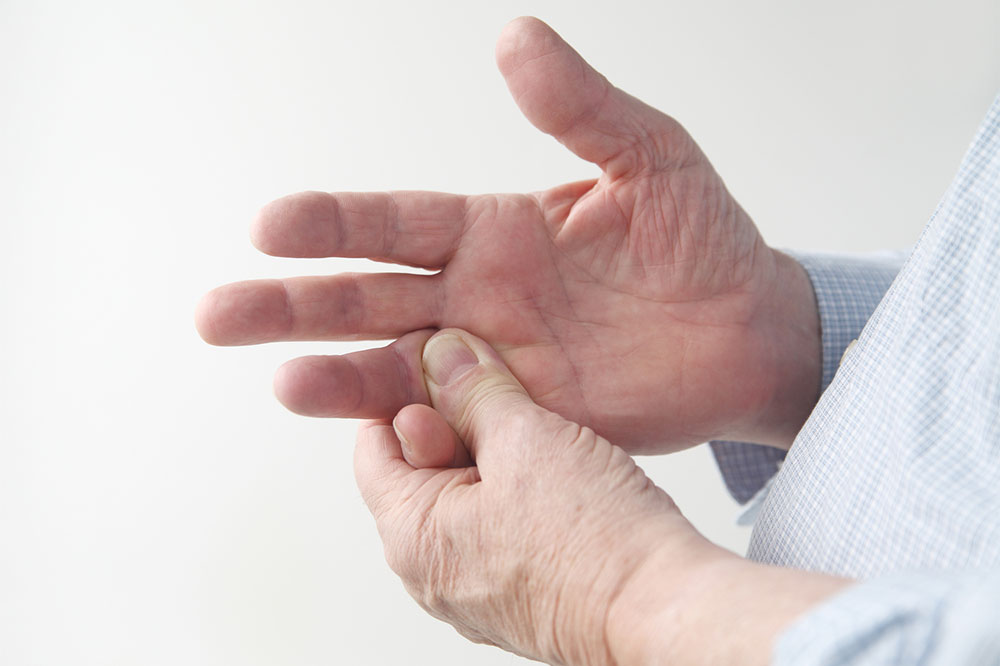6 uncomfortable questions to ask a gynecologist

An appointment with a gynecologist can be unnerving for many. Irrespective of whether you’re visiting your OB/GYN for the first or the tenth time, you’ll always find it hard to discuss issues related to the most private and intimate parts of your body. However, since health is a priority, one must keep the uneasiness aside and raise concerns. Here are a few questions one might feel embarrassed to ask a gynecologist.
Is the vagina’s structure normal?
Not all vaginas look the same. It is because there are several aspects that differ from one to the next. For instance, the length of the labia varies. In addition, there are variations in skin coloration and clitoral prominence. But if you are still concerned about the appearance of your vagina, you should consult your gynecologist and undergo a physical examination.
Is vaginal discharge normal?
You may have noticed discharge in your underwear that varies in color, thickness, and amount. It is quite normal. A healthy vaginal discharges fluids as a natural cleansing mechanism. This happens regularly, especially during the ovulation cycle right before menstruation starts. However, it is cause for concern if the discharge is excessive and smelly. It might be a sign of infection, and you need to ask your gynecologist for a diagnosis.
Why is the vaginal area sweaty?
Most people often confuse vaginal discharge with sweat. But if you are truly sweating through your clothes near the vaginal area, discuss with your doctor to get clarity on your concerns. Vaginal sweating usually occurs due to hot and humid weather and wearing non-breathable innerwear. In some cases, it can also occur due to a condition called truncal hyperhidrosis. Asking your doctor about this will help you find the proper treatment and prevent infection due to excessive sweating.
Is it healthy for urine to leak while laughing or coughing?
If you have given birth recently, it is normal to have a little pee leak out whenever you laugh, cough, sneeze, or even jump up and down. However, it can be a problem if this occurs even though you have not undergone childbirth. It happens due to incontinence that arises from issues related to your bladder. You may feel embarrassed to talk about this with your gynecologist. But the sooner you do, the better the diagnosis and treatment.
Is it normal for bumps to form around the vaginal area?
Bumps usually appear if you have done bikini waxing or have shaved the hair down there. Sometimes acne, ingrown hair, and benign skin tags also cause bumps in the vagina area. These generally go away on their own. But if the bumps remain long and there is itching and inflammation, you must get them checked by your OB/GYN. It is because these can be symptoms of a health disorder such as ulcerative lesions.
Why is there an odor in the vaginal area?
The vaginal area has bacterial flora. These bacteria are the body’s way of keeping the area clean. The presence of these bacteria causes a distinct smell to emanate from the vaginal region. However, it does not indicate a health issue. However, you may want to consult your gynecologist if the smell is highly unpleasant and you experience an itching or burning sensation in the vagina.







